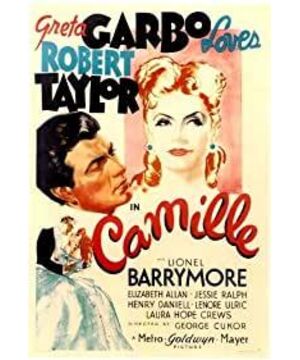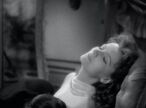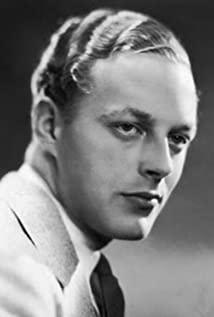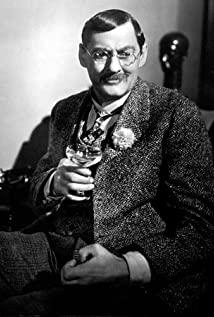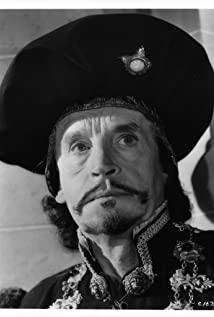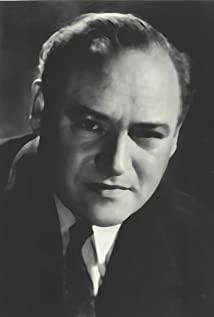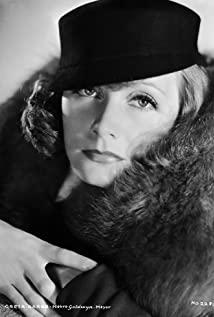Of course, it is indeed unreasonable for Armand to read Marguerite's diary in large sections like the original book. This is the limitation of the film technique. But I compare it purely from artistic expression and think that books are better.
There are still a few places where I am not satisfied with the changes to the script. The original Margaret hates the baron, so she asks him to get out; her extravagant life is mainly maintained by an old duke who sincerely regards her as a daughter. But the movie version of Margaret sells her self-esteem to the nasty baron in order to live a luxurious life. The scene where Bergman listened to Armand's doorbell but leaned on the piano to smile at the baron was really good-but he really couldn't like such a Marguerite. If Armand is struggling to pursue only such a La Traviata after falling in love at first sight, then I really have to sympathize with this feeling.
The second change he didn't like was that Armand's father persuaded Marguerite to give up Armand's changes. In the film adaptation, Marguerite gave up this relationship for the sake of Armand's future; that shows that she still believes in her heart that a great future is more important than feelings. However, in the original work, Marguerite agreed to give up Armand in order to complete the marriage of Armand's sister. If Armand’s family was broken for herself—Arman’s beloved sister suffered for herself—Marguerite could not bear such pain, even for love. If it is known that Armand’s relatives are suffering for their lives for their union, kindness will not allow her to enjoy the happiness of being with Armand. In the book, her dying comfort is also that Armand’s father visited her and comforted her when she was seriously ill; therefore, she knew that her sacrifice was not in vain. Since the movie also wanted to show that this father was sincere and believed and understood that Margaret had sacrificed, he should at least see her when Margaret was critically ill-but the movie didn't bother to take this into consideration.
So, all in all, the overall image of Margaret in the movie is different from the original. Garbo’s Margaret is more vain; she doesn’t believe in feelings, but only in money; she keeps Paris’ drunken fans by making playthings for cold people with low eyebrows. Her only strength is her soft heart and kindness. After finally meeting Armand, the only sincere suitor, he was moved and sold his property to live with him in the country. But after listening to Armand’s father’s dissuasion, he gave up this relationship for the sake of Armand’s "prospect", and almost ended his life like suicide. The image of this Margaret is weaker than the original book-a simple but vain girl, suffering and weak because she has no real trust in the relationship. Armand was a simple silly boy, inexplicably infatuated, inexplicably abandoned, and finally found out inexplicably that the girl he loved and deeply loved him had died for himself inexplicably! ——In my opinion, both of them are weak, and both feel deeply inferior: Marguerite for her position, Armand for money. This is the reason for their tragedy.
If this movie goes on, I think "a long, long time later", this Armand should marry a beautiful and virtuous girl, and have a happy family status and future. Only in a certain leisure time, lying on a lounger , Maybe thinking of Marguerite and sighed. And the image of the original book is more rigid-Marguerite would only like to see her lover when she had never met Armand; after she fell in love with Armand, she would not be determined because of her status and property. Things change; after she bids farewell to Armand, she will revolve most radiantly throughout Paris—dancing—laughing—killing her despair and loneliness, along with herself: this is the La Traviata.
(Later, in the early summer of 2015, London was quite cold, and I watched La Traviata's opera in the West End. The famous toast song was really hot, colorful, and desperate as "fire cooking oil, flowers blooming". But at the time, there was something about this story Some new thoughts. The love of La Traviata is a youthful love story; the two rely on pure fanaticism, infatuation, and pity each other. I was moved in the past, but now I feel pity. I
still remember when I was watching the drama, I was sitting next to me. The girl cried silently many times. Her male partner reached out several times to hold her hands and comfort her. When the light came on at the end of the play, she realized that it was not the little girl. The two hairs were gray and gray, and they held each other slowly. go out.)
View more about Camille reviews


